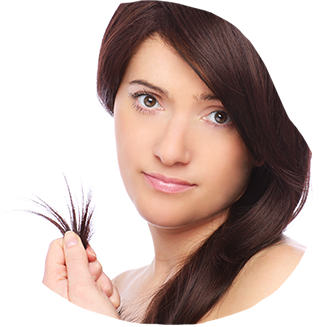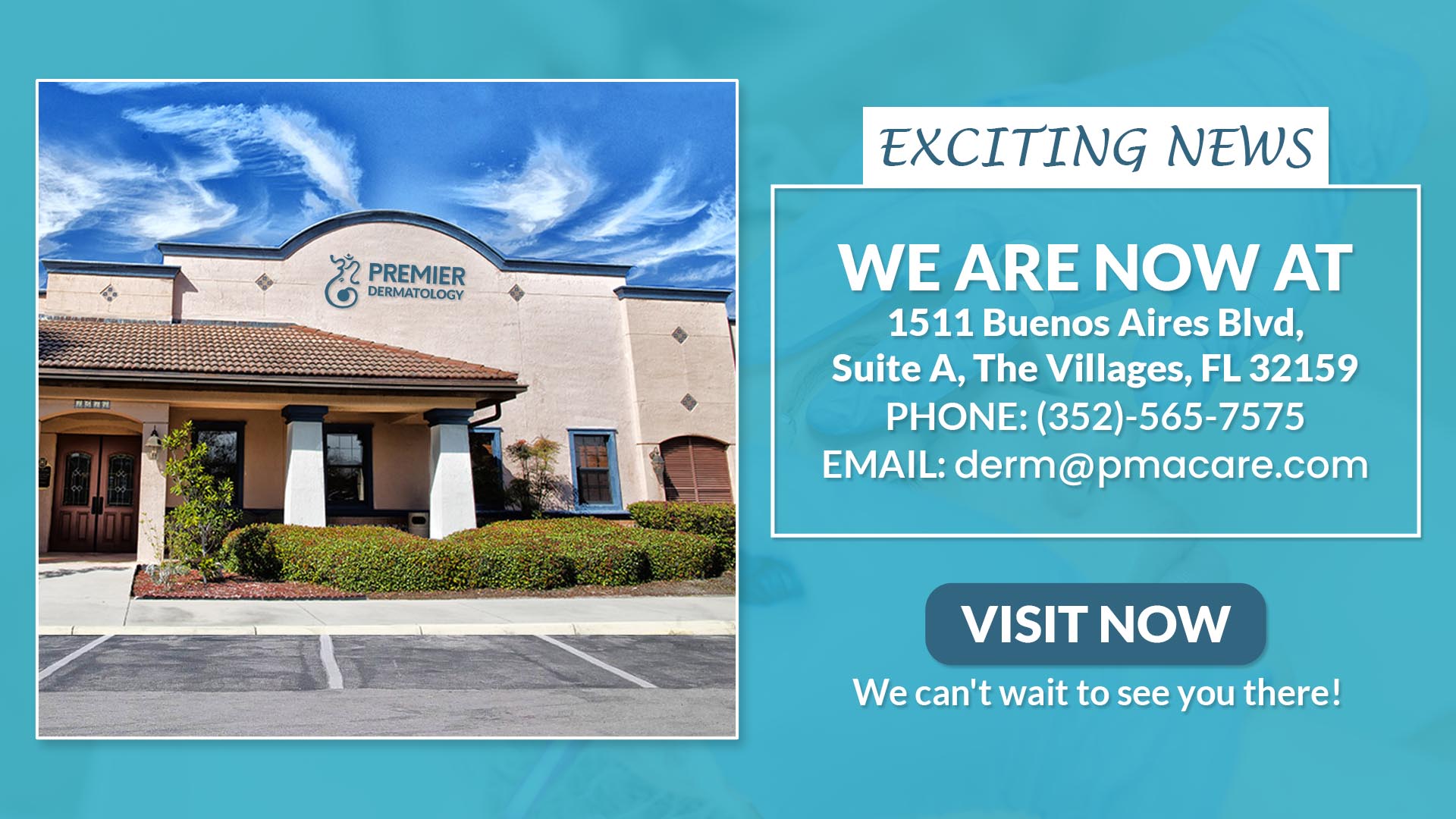
Symptoms of ageing in your hair and scalp
As we age, the hair and scalp can experience changes that may be signs of aging. Here are some common signs that your hair and scalp may be aging:
Thinning hair: As we age, hair may become thinner and less dense. This can be due to a decrease in the production of hormones such as testosterone and estrogen, as well as a slowdown in the hair growth cycle.
Brittle hair: Older hair may become more fragile and prone to breakage, leading to split ends and shorter hair.
Dryness: With age, the scalp may produce less oil, leading to dry, itchy, and flaky skin.
Gray hair: As we age, the hair follicles stop producing melanin, causing the hair to turn gray or white.
Dandruff: Dandruff is a common condition that can develop as we age, leading to flaky and itchy skin on the scalp.
Slow growth: As we age, the hair growth cycle may slow down, leading to slower hair growth and more time between hair cuts.
If you are experiencing any of these signs, it may be helpful to speak with a dermatologist or trichologist. They can help determine the cause of these changes and recommend treatments to help improve the health of your hair and scalp. These treatments may include changes to your diet, the use of hair care products, and medications to address underlying conditions.
A healthy scalp is the foundation of healthy hair.
Healthy hair is strong, shiny, and free from damage or breakage. To maintain healthy hair, it’s important to take care of both your hair and scalp. Here are some tips to help promote healthy hair:
Use a gentle shampoo and conditioner: Look for products that are formulated for your hair type and avoid using shampoos and conditioners that contain harsh chemicals that can strip hair of its natural oils.
Limit heat styling: High heat from styling tools such as flat irons and curling wands can damage hair and cause it to become brittle and break. When possible, let your hair air dry, and if you must use heat styling tools, use a heat protectant product.
Avoid excessive brushing: Over-brushing can lead to breakage and damage. When brushing your hair, be gentle and start at the ends, working your way up to the roots.
Eat a balanced diet: A diet rich in vitamins and minerals, such as vitamins B, C, and E, as well as iron and biotin, can help promote healthy hair growth.
Stay hydrated: Drinking plenty of water is important for overall health, and can also help to keep hair hydrated and prevent breakage.
Avoid tight hairstyles: Tight hairstyles, such as braids and ponytails, can put excessive strain on the hair and scalp, leading to breakage. Try to avoid these styles, or opt for looser styles when possible.
Treat your hair and scalp regularly: Regularly treating your hair and scalp with deep conditioning masks and oils can help to keep hair healthy and nourished.

By following these tips, you can help to promote healthy hair and prevent damage. If you are experiencing hair loss or other hair problems, it may be helpful to speak with a dermatologist or trichologist who can help diagnose the underlying cause and recommend appropriate treatments.




